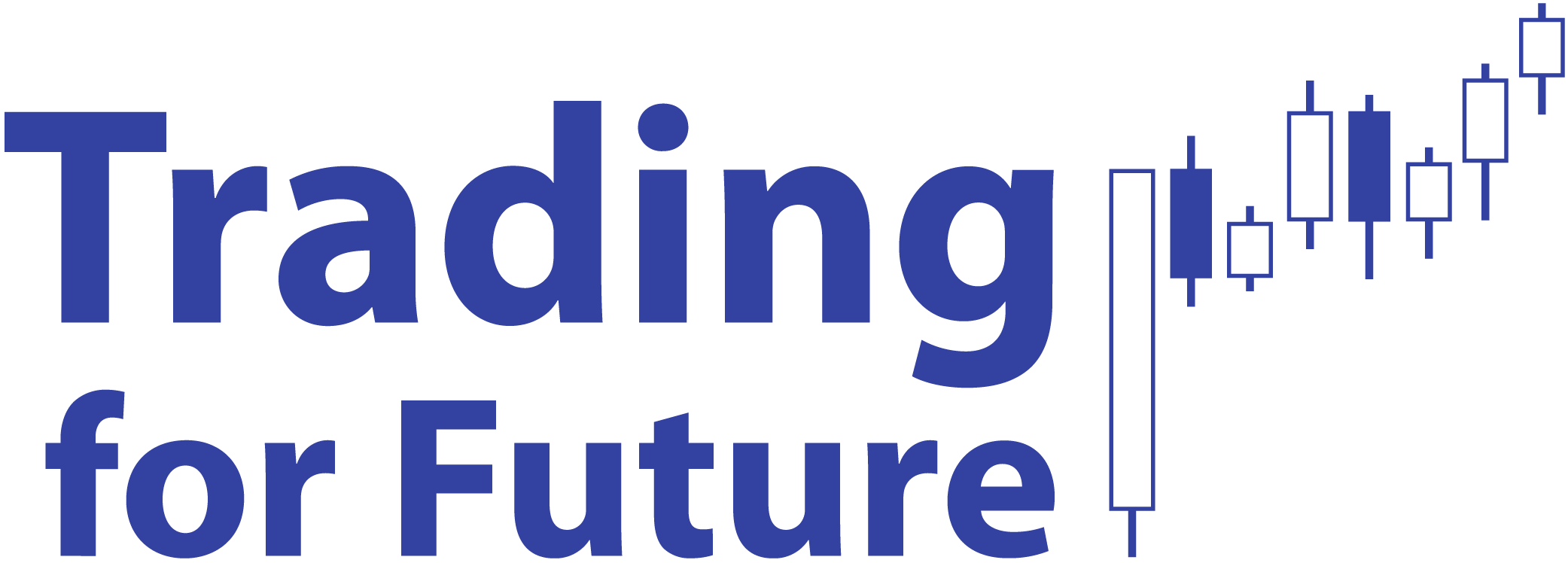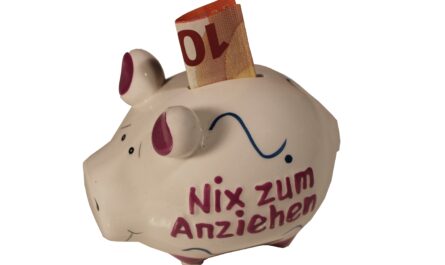After the EU Parliament agreed on a uniform legal framework for cryptocurrencies with a large majority in April, the implementation of the so-called MiCA Regulation took another hurdle this week. On Tuesday, the European Council with the finance ministers of all 27 member states also voted unanimously in favor of the new guidelines. It was the final step in the legislative process to formally adopt the new regulation.
The Markets in Crypto Assets Regulation (MiCA) is predominantly intended to make it easier to trace transactions, but also to prevent money laundering and other financial crimes, as well as to improve consumer and environmental protection. For the time being, the regulation will not bring any really drastic changes for the end consumer, but service providers will have to comply with additional regulations from 2025 at the latest.
License, deposit insurance and efficiency classes
Crypto providers, referred to as Virtual Asset Service Providers (VASP) in the MiCA regulation, will in future be required to hold a license if they wish to offer their services in an EU country, but will then be allowed to operate within the entire European economic zone.
In addition, they will be required to publish a white paper that must contain detailed information on business operations and any issued coins and tokens with certain standards – similar to what applies to securities such as the basic information sheet for fund providers. This should provide more transparency and better protect investors, especially in view of the numerous exit scams in recent years. However, it will not be possible to prevent fraud entirely.
In addition, as in the traditional financial world, VASPs will have to build up reserves and store deposits separately. This applies not only to crypto exchanges, but also to stablecoin and altcoin providers. In addition, the European Union wants to introduce a kind of efficiency class system congruent to washing machines, dryers, televisions as well as light bulbs. In the future, all networks will be sorted into different classes based on their energy consumption in order to simplify the ecological classification for investors.
Disadvantage for bitcoin
However, since one will not differentiate in terms of decentralization, this comparison is useless. For its completely decentralized approach, Bitcoin, for example, relies on a high energy input to secure this and the entire network, which forces the miners to work as efficiently as possible, so that the electricity has recently become greener and greener because the corresponding companies have settled near geothermal plants, for example.
However, this is a democratic compromise, because originally a complete ban on proof-of-work was threatened within the EU, which would have prohibited the trade and use of corresponding cryptocurrencies altogether. The efficiency class system is currently still being evaluated and should be in place by 2025.
No immediate effects for end users
For users of cryptocurrencies, there are only immediate obligations. Since service providers will in future have to report and verify all transactions of their customers of €1,000 or more under the new Money Laundering Regulation “Transfer of Funds” (TER) and the new Travelrules, customers will not be able to avoid a KYC procedure and thus the identification and proof of identity requirement, which was often a prerequisite here in Germany anyway. At least for transactions between private customers, this rule will not apply.
The service providers may even use blockchain analysis tools for this purpose, which would undermine the anonymity even of self-hosted wallets. However, this is also tantamount to a compromise, as a ban on decentralized wallets was also on the table. So, at the latest with the implementation of the MiCA regulation, every crypto investor should fulfill his civic duty and take care of his taxes. Tools like Cointracking* or Accointing* simplify a lot.
I recently switched to Coin.Ink, which specializes mainly in the German tax system and, on top of that, does not impose any limits on the number of transactions, which can be more favorable especially when using cashback payment cards such as those from Crypto.com* or Plutus.it*.
Conclusion
With MiCA, the EU is taking a first step towards crypto regulation and is even leading the way. However, many topics such as NFTs, staking, lending and especially the entire DeFi sector are not yet covered by this, which is likely to result in further measures and regulations in the future. However, especially with regard to bitcoin, the individual approaches are not well thought out.
- Der Bitcoin-Standard: Die dezentrale Alternative zum Zentralbankensystem
- White
- ABIS_BOOK
- Ammous, Saifedean (Author)
Letzte Aktualisierung am 2024-07-27 at 05:20 / Affiliate Links / Bilder von der Amazon Product Advertising API






